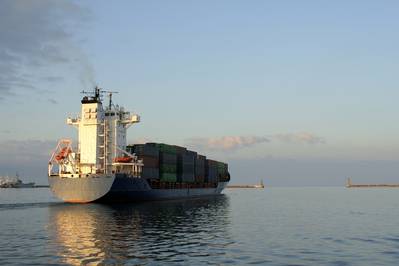CSC Calls for Shipping Industry Emissions Reduction Target
The Clean Shipping Coalition (CSC) is calling on ship owners and stakeholders gathering in Brussels for European Shipping Week to support an industry carbon emissions reduction target.
The CSC, the global NGO coalition campaigning for cleaner shipping, said in a press release that as the only remaining major economic sphere yet to tackle its carbon emissions, shipping must act urgently to do their part to keep the global temperature increase below 2 degrees.
Last year’s third International Maritime Organisation study on greenhouse gas (GHG) emissions predicted shipping emissions to grow up to 250% by 2050, threatening to undermine other initiatives to keep global warming below dangerous levels. The CSC wrote to seven industry groups, and in addition to a target, is calling on them to work with EU member states and others attending the IMO’s environment committee (MEPC68) session in May this year for an early agreement on mandatory fuel-burn reporting for ships.
The CSC also called on industry groups to push for transparent reporting of ships’ energy performance. This information will enable shipping users in Europe and worldwide to identify the most efficient ships and practices, leading to increased competition, fuel savings and emissions reductions, and a level playing field for all players.
"Shipping industry groups are on record as supporting efforts to promote sound environmental stewardship, but now they must deliver by pushing for both an emissions cut target and the measures to make it happen," said John Maggs, CSC president and senior policy advisor at Seas At Risk. "They must join with other industry organizations and IMO member states to publically support this approach and seek these measures at IMO and in time for Paris."
Last year’s GHG study by the IMO found that projected growth in demand for shipping will wipe out any improvements in ship efficiency. The European Commission last month said a climate deal in Paris later this year must cover 100% of emissions in all sectors, including shipping.













